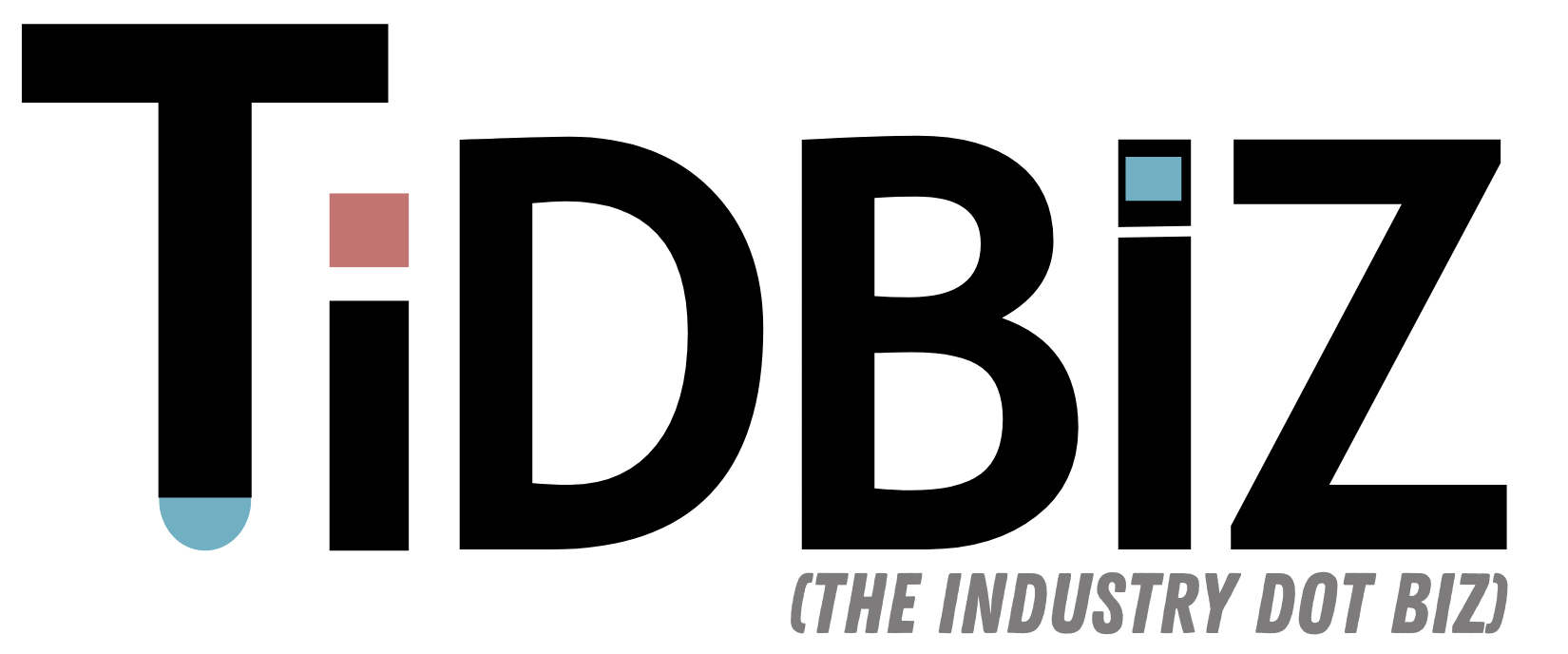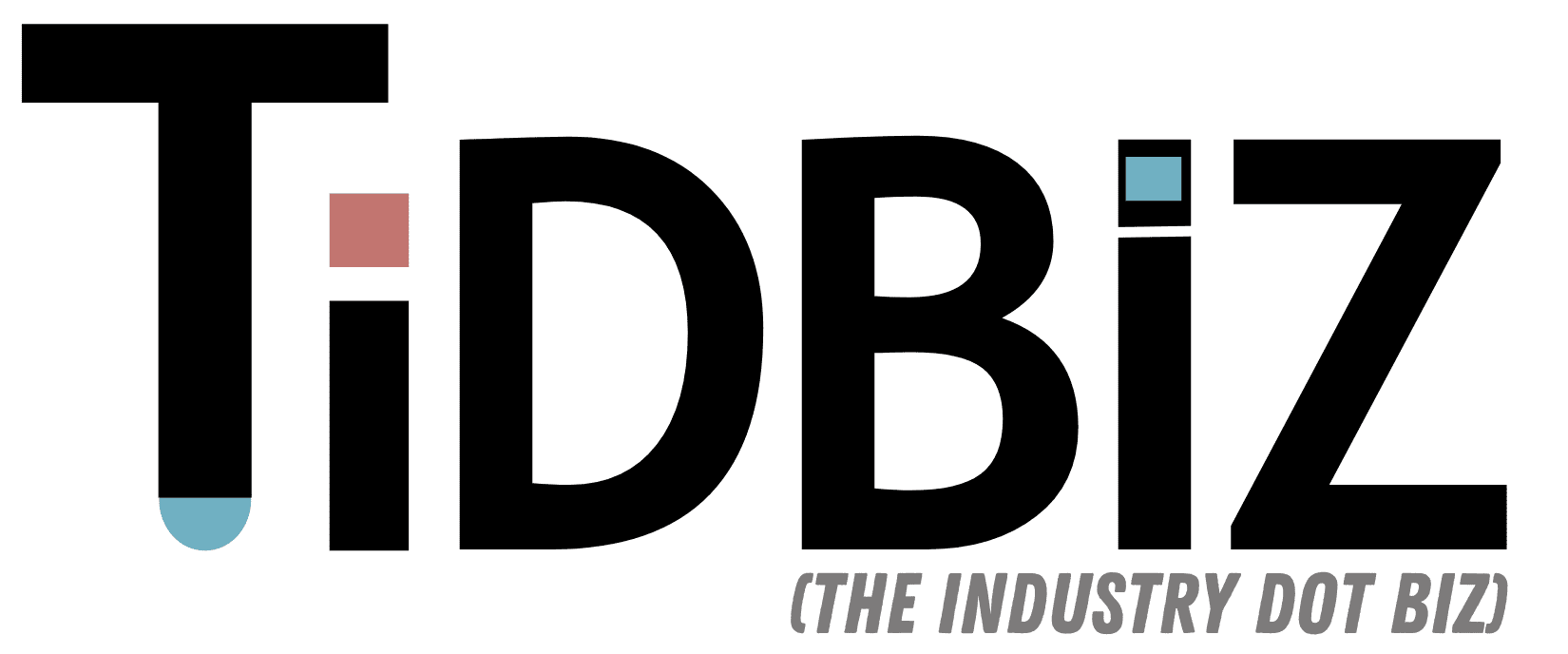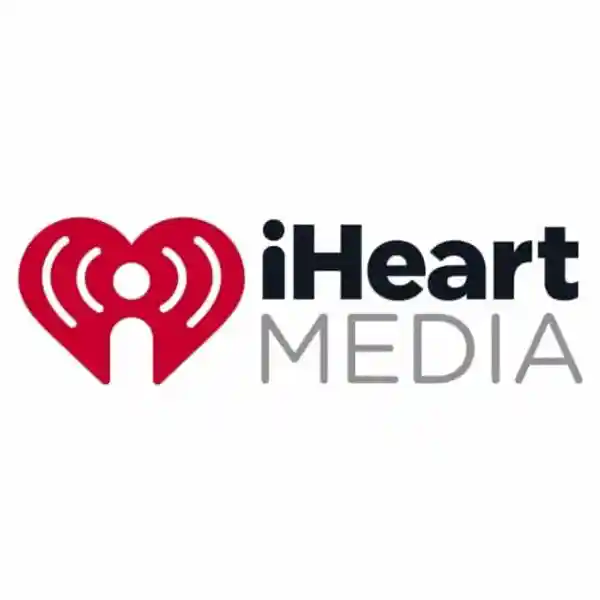How Apple’s App Store Policies Affected Spotify (and Why the EU Stepped In)
Apple’s App Store Advantage: Restricted Options for Spotify
Apple’s control over its App Store has given it a potential advantage in the music streaming market. In the past, they imposed restrictions on competitors like Spotify. These limitations prevented Spotify from displaying their own pricing information within the iOS app and linking to external payment options within the app.
This meant Spotify couldn’t directly offer users deals or pricing alternatives compared to Apple’s App Store system. The App Store system charges a 30% commission on in-app purchases, potentially making subscriptions more expensive for users through the official Spotify app. This lack of transparency could have also made it harder for users to find potentially cheaper options.
Spotify Fights Back: Claiming Anti-Competitive Practices
Spotify has long argued that these App Store practices are anti-competitive and stifle fair competition in the music streaming market. These restrictions limited Spotify’s ability to communicate pricing and offer alternative payment options to users within the app, making it difficult to promote special offers or highlight potential cost savings through external subscriptions. This hindered Spotify’s ability to attract new subscribers, especially on iOS devices.
The European Commission Steps In: A Fine and a Demand for Change
The European Commission intervened, finding Apple’s App Store policies in violation of antitrust laws. The commission imposed a hefty €1.8 billion fine on Apple and demanded changes to the App Store policies to create a fairer playing field in the music streaming market. This decision marked a significant step towards addressing the imbalance in the music streaming industry, which has a few major players at the forefront.
A Small Victory, But the Battle Continues
While Apple’s subsequent decision to allow pricing information within the app represents a small win for Spotify, the battle is far from over. Spotify still cannot directly link to external subscriptions within the app, limiting users’ ability to easily compare prices and potentially choose a cheaper option outside of Apple’s ecosystem.
This situation highlights the complex relationship between app store platforms and app developers, with consumers potentially caught in the middle of these power struggles.
The music streaming industry is rapidly evolving, and the battle for dominance is intensifying. As this battle continues, consumers and regulators will be closely watching to see if a level playing field is establi<a href="shed for both competitors and music lovers.
Spotify for Artists: A Double-Edged Sword for Musicians
Spotify for Artists is a crucial platform for musicians to connect with their audience and grow their careers. It offers analytics tools to help artists understand their listeners, providing insights into which songs are resonating and where their fanbase is located. Artists can also use the platform to engage with fans directly through social media integration and messaging. However, concerns have been raised about the platform’s revenue-sharing model and the overall compensation artists receive for their music. Despite these challenges, Spotify remains a vital tool for many musicians to build their careers and reach a global audience.








